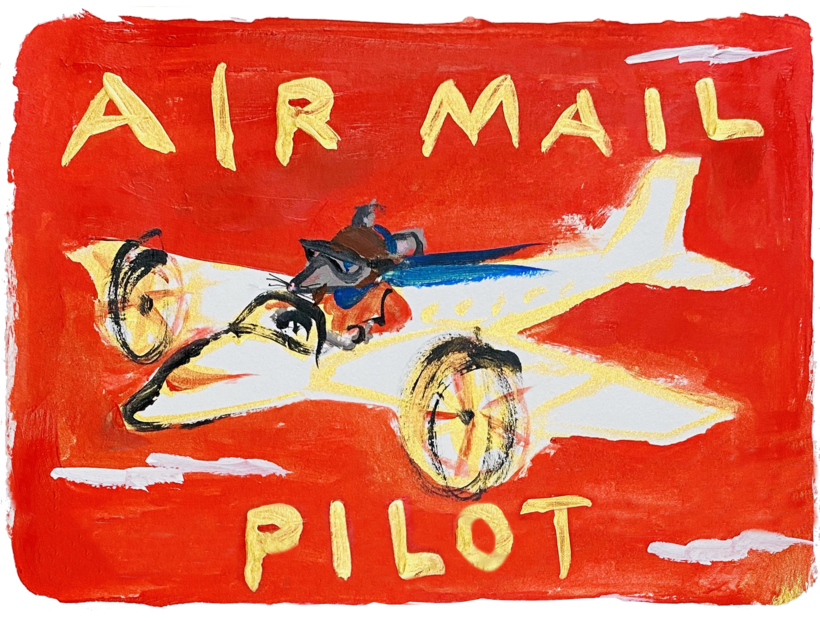Tiny yet Mighty

Sticking It to the Man

AIR MAIL Pilot suspects—and hopes!—that most of our readers are concerned about climate change. But how far would you go to help save the planet?
Last weekend in London, one very committed young activist went as far as gluing his hand to a microphone while giving a live radio interview. Nathan McGovern, 22, is a leading member of Just Stop Oil, a British group fighting to do exactly what the name says. Since last week, its protestors have been blockading and occupying oil terminals across England in an effort to disrupt oil and gas supplies while demanding the British government halt any new fossil fuel projects. Hundreds have been arrested.

